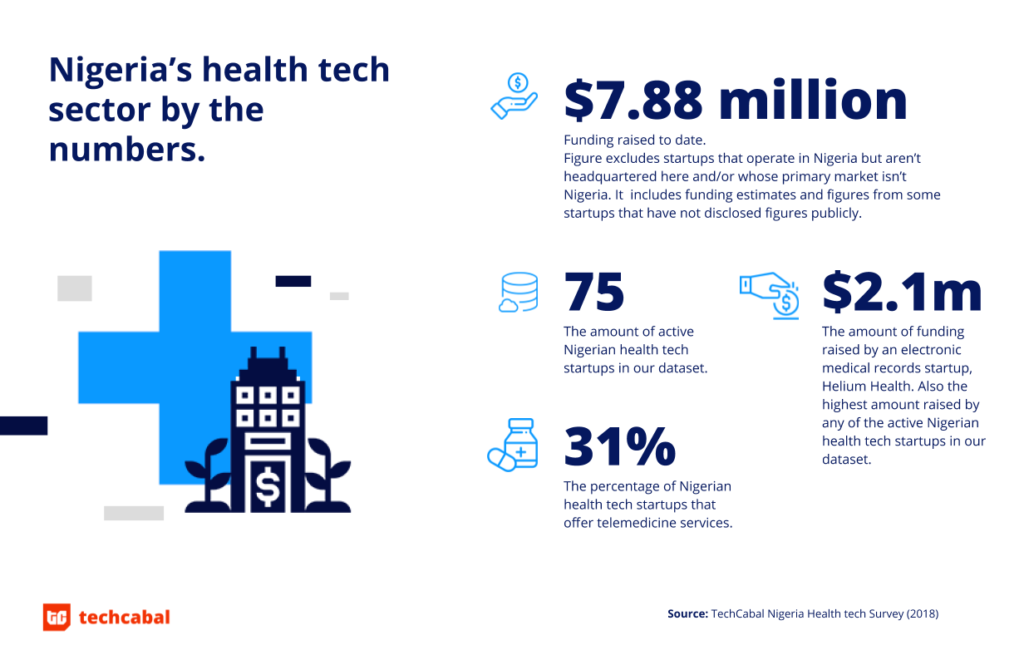Empowering Mothers: Urgent Call for Family-Friendly Workplace Breastfeeding Policies in Nigeria

Only a mere 9 percent of Nigerian organizations have taken the proactive step of instituting a workplace breastfeeding policy, with a paltry 1.5 percent adoption rate within the public sector. This concerning statistic emerges despite the mounting awareness regarding the undeniable benefits of breastfeeding for both infants and their mothers. Recognizing this glaring gap, advocates and stakeholders are championing the call for an inclusive family-centric workplace breastfeeding policy, aimed at bolstering the practice and encouraging a higher percentage of women to exclusively breastfeed their infants for the recommended six-month period.
Speaking at a gathering in Lagos commemorating World Breastfeeding Week, an occasion marked by the theme “Enable Breastfeeding: Making a Difference for Working Parents,” Dr. Victor Ogbodo, the Director of the Alive & Thrive Project, articulated the need for a societal paradigm shift. He emphasized, “For societies and economies to flourish, nations and businesses must wholeheartedly support their workforce and their kin by implementing family-friendly policies. These policies serve as the cornerstone for nurturing and nurturing children from pregnancy through early school years.”
Ogbodo’s clarion call resonates with the essence of family-friendly policies, which serve as the linchpin for attaining an equilibrium between professional responsibilities and family life. Such policies are inherently designed to furnish parents and caregivers of young children with three pivotal resources: time, resources, and services. He underscored the symbiotic partnership between families, businesses, and the State in these formative years, as it establishes the bedrock for children’s academic success, adults’ professional achievements, poverty alleviation, and lifelong health.
A 2020 report by PricewaterhouseCoopers, exploring the role of women in Nigeria’s economic fabric, illuminated the staggering statistic that over 25 million women actively contribute to the nation’s private sector. In light of this, the onus rests upon society to cultivate an environment that empowers these women and their families—be it within the formal or informal private sectors. This entails creating a conducive milieu where women can advance in their careers while upholding the practice of optimal exclusive breastfeeding for their offspring.
The clarion call to action is amplified by a resounding plea from various quarters. The Wife of the Lagos State Governor, Dr. Ibijoke Sanwo-Olu, evoked a sobering report from the World Health Organization (WHO), revealing that a staggering half a billion working women worldwide lack fundamental maternity protections enshrined in national laws. In response, she implored stakeholders to urgently unite in forging pathways to implement policies that grant nursing mothers a minimum of 18 weeks of maternity leave, or even surpassing the six-month benchmark, across both public and private institutions.
The imperative of fostering a nurturing professional environment for nursing mothers is echoed by Mr. Adewale-Smatt Oyerinde, the Director General of the Nigeria Employers’ Consultative Association (NECA). Oyerinde emphasized that this endeavor transcends a mere social responsibility, asserting its role as a pivotal catalyst for employee well-being and heightened productivity. Echoing this sentiment, Mrs. Bukola Smith, the Chief Executive Officer of FSDH Merchant Bank, underscored the pressing need to fortify advocacy efforts in corporate realms, highlighting the scarcity of supportive policies within many banking institutions for female employees.
The clarion call for change reverberates through industries. Mr. Segun Ajayi-Kadri, the Director General of the Manufacturers Association of Nigeria (MAN), underscored the profound impact of cultivating an accommodating workplace culture and facilities for nursing mothers and their infants. Recognizing this as a linchpin for enhanced productivity and profitability, Ajayi-Kadri pledged the association’s unwavering commitment to collaborate with initiatives championing the welfare of female workers within various corporate and manufacturing settings.



